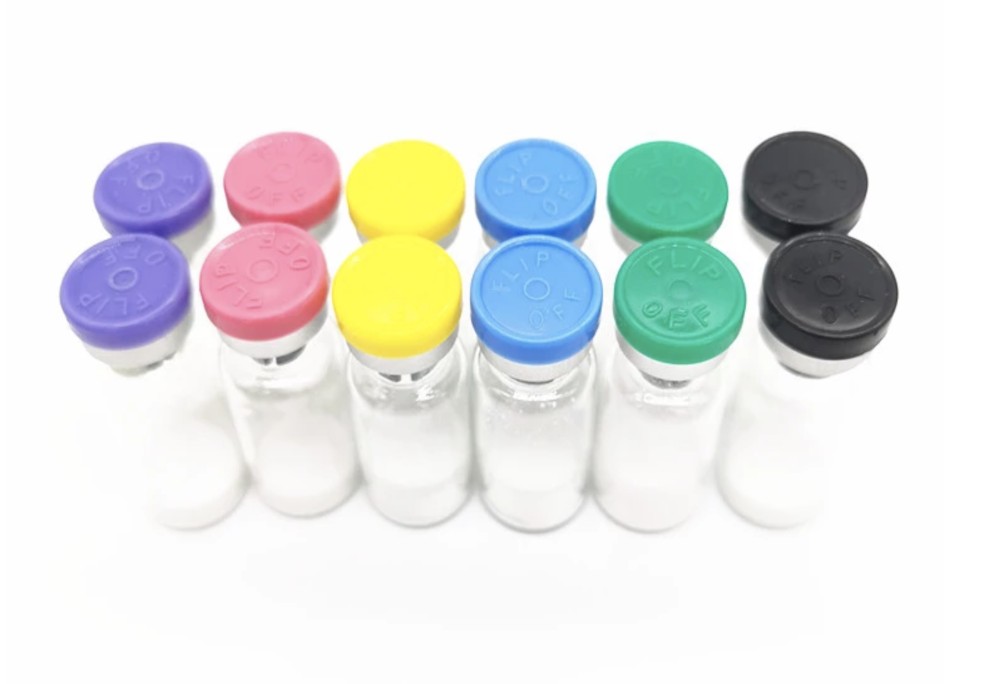HMG refers to urinary sex stimulating hormone (HMG), which mainly has the effect of follicle-stimulating hormone (FSH), while luteinizing hormone (LH) has little effect. For women, it can promote the development and maturation of follicles, prompting follicles to secrete hormones, so that endometrium hyperplasia, and the combination of trichotropin can enhance ovulation. For men, it can promote the development of testicular seminiferous tubules, spermatogenic cell division and sperm maturation.
Clinically, urotropin is often used in combination with chorionic tropin or clomiphene to treat anovulatory infertility. It can be used in anovulatory patients with insufficient secretion of pituitary gonadotropin or hypothalamic gonadotropin releasing hormone. Currently, it is generally recommended to use clomiphene or bromoentine to induce ineffective ovulation. Can also be used for primary or secondary amenorrhea, male sperm deficiency and ovarian function test. Long-term repeated use will not antibody formation, and no allergic reaction.
Urotropin may lead to ovarian hyperstimulation syndrome, which may be life-threatening, so the use of this hormone should be under the guidance of a professional physician, when the occurrence of ovarian hyperstimulation syndrome should be immediately discontinued.
Urinary gonadotropin (HMG) is a natural gonadotropin secreted by the pituitary gland in the human body. It mainly has the functions of follicle-stimulating hormone (FSH) and luteinizing hormone (LH). Promote the development and maturity of follicles in the ovary, promote the secretion of estrogen from the follicles, and make the female endometrial hyperplasia. Combined with chorionic gonadotropin (HCG), it can promote ovulation and corpus luteum formation, and secrete progesterone.






















